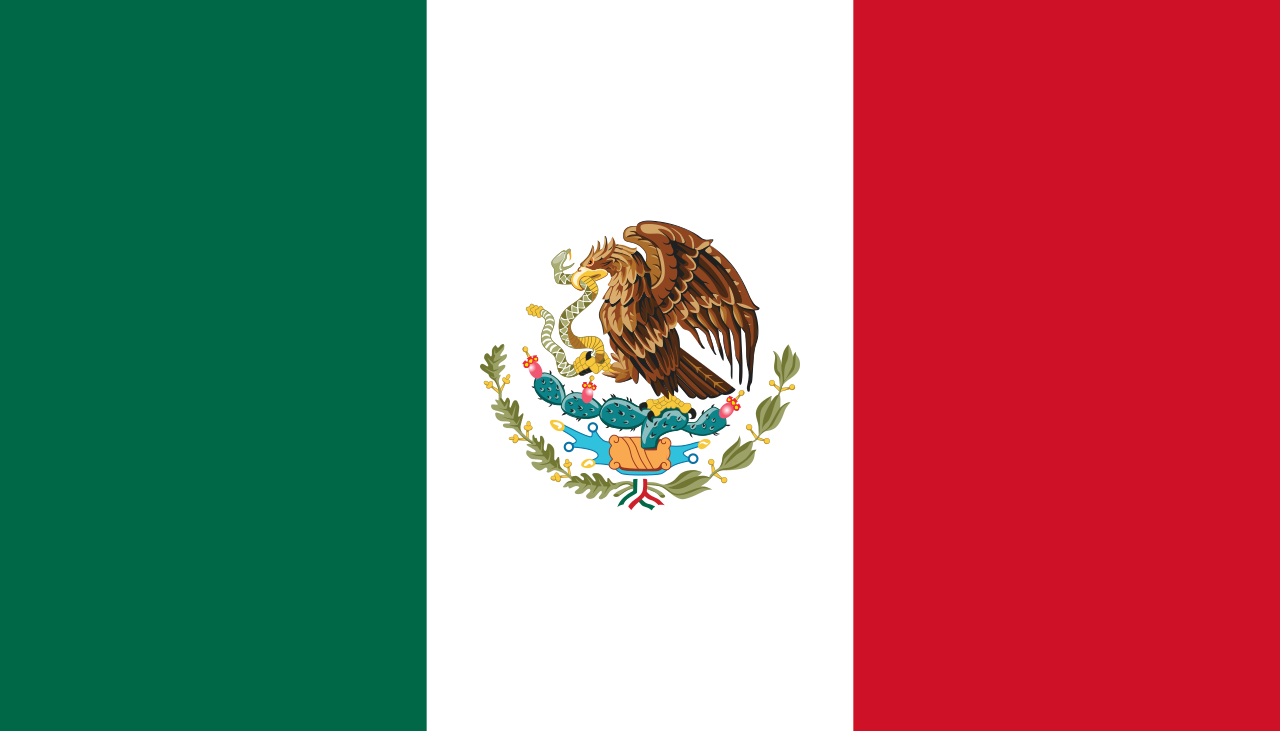A Coffee-Fueled Journey Through the Heart of Tradition and Flavor
Mexico, nestled between the United States and Central America, boasts a rich coffee culture and a long history of coffee cultivation. The country’s coffee profile is characterized by high-quality arabica beans grown in diverse regions, each contributing unique flavors and characteristics to the cup. From the rugged mountains of Chiapas to the volcanic soils of Veracruz, Mexican coffee stands as a testament to the country’s commitment to quality and sustainability.
The southernmost state of Chiapas, renowned for its lush landscapes and high-altitude regions, is a key player in Mexico’s coffee industry. Arabica beans from Chiapas are celebrated for their bright acidity, medium body, and a flavor profile that often includes notes of chocolate, citrus, and nuts. The combination of altitude, ample rainfall, and volcanic soils creates optimal conditions for cultivating exquisite coffee.
Veracruz, another significant coffee-producing region in Mexico, offers beans with distinct characteristics. The coastal climate, combined with the influence of the nearby Gulf of Mexico, results in arabica beans that exhibit a unique balance of acidity and sweetness. The flavor profile may include fruity notes, making Veracruz coffee a delightful and refreshing choice.
Mexico’s commitment to sustainable and ethical coffee production is increasingly evident in the industry. Many coffee farmers embrace organic farming practices, avoiding synthetic pesticides and fertilizers. Certifications such as Organic and Fair Trade are becoming more prevalent, reflecting a growing awareness of the importance of responsible and environmentally friendly coffee cultivation.
The processing methods employed in Mexico contribute to the distinct flavor profiles of its coffee. While both washed and natural processing methods are used, the washed process is more common for Mexican arabica beans. This method involves removing the pulp from the coffee cherries before drying, resulting in a cleaner cup with bright acidity.
Mexican coffee has gained recognition in the specialty coffee market, with terms like “Chiapas coffee” and “Mexican single origin” becoming familiar to coffee enthusiasts. The country’s diverse offerings cater to various preferences, from those seeking a bright and fruity cup to those desiring a more chocolatey and nutty flavor experience.
The socio-economic impact of the coffee industry in Mexico is significant, providing employment and income for numerous smallholder farmers. Many coffee farms in Mexico are family-owned, and the cultivation of coffee is often a generational tradition. The industry contributes to the economic development of rural communities, fostering a sense of community and cultural heritage.
In conclusion, Mexico’s coffee profile is a mosaic of flavors and traditions, reflecting the country’s diverse landscapes and commitment to quality. As coffee enthusiasts explore Mexican coffee offerings, they embark on a journey through the high-altitude regions of Chiapas, the coastal landscapes of Veracruz, and the rich cultural tapestry that defines Mexican coffee. Beyond the delightful flavors in the cup, each sip tells a story of sustainability, tradition, and the enduring passion of Mexican coffee producers.
Tags: coffee grower, Mexico

